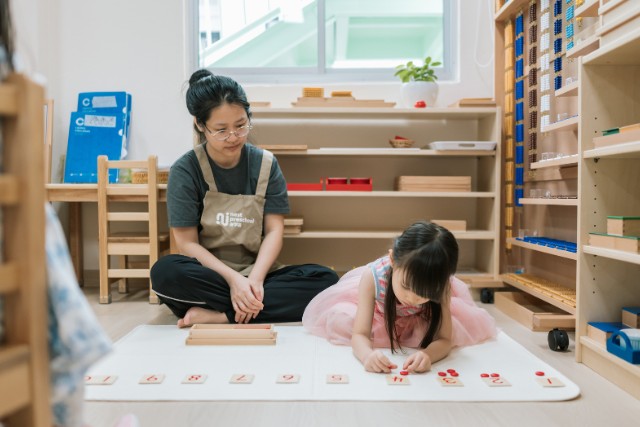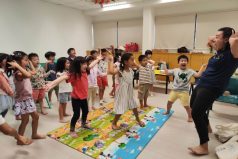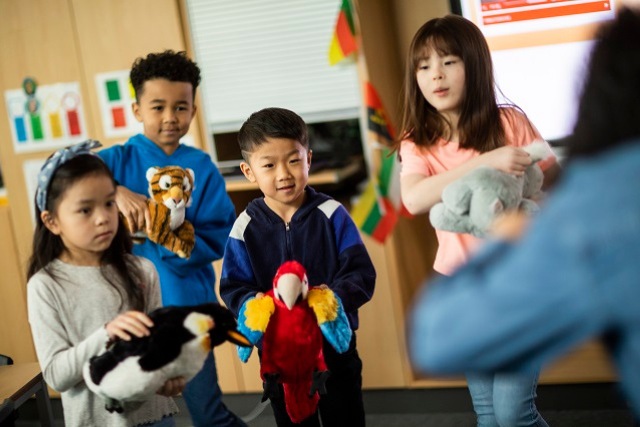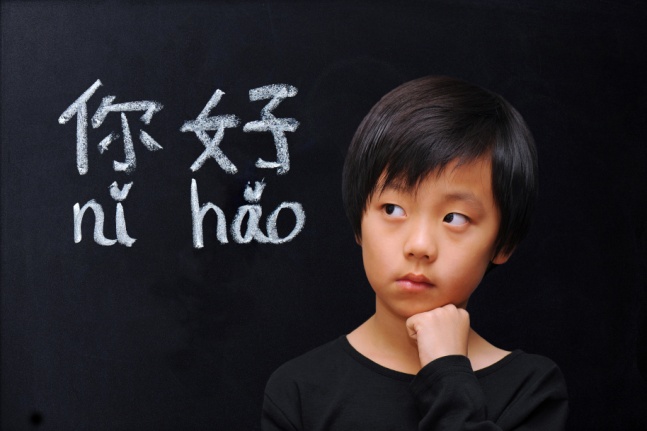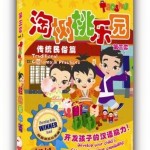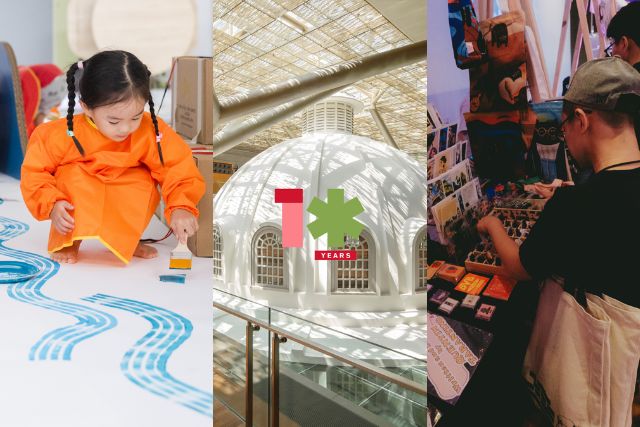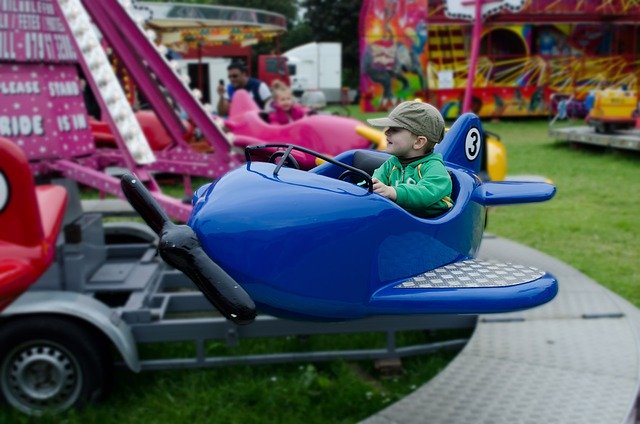Learning Chinese can be challenging. Parents feel pressurised to raise their children’s ability to a certain standard before entering primary school and children often find themselves having to attend tuition classes that they may not enjoy. But this doesn’t have to be the case. Learning Chinese can, and should, be fun. But most importantly, it should feel natural.

Learning Chinese Naturally: Tips For Parents
- Be prepared for the language explosion
Research tells us that language development is dependent on the early neural connections in the brain (synapses) that are stimulated through responsive interaction with others. These early experiences appear to be linked to certain optimal periods for particular aspects of language learning to occur.
For example, by the end of the first year of a child’s life, if certain sound patterns are not heard with regularity, it is very difficult for them to construct new pathways; pathways that will never be as easily formatted as they are in the first twelve months. This is why it is so difficult to learn another language when we get older, and why a child’s first word usually arrives at the end of their first year – because it is the beginning of a language explosion!
- A mix of baby and adult talk
If you are a Mandarin speaker, talk to your baby from day one. Use a mixture of baby talk and adult language and a wide range of words, incorporating them into daily activities. When language is relevant, meaningful and part of everyday life it is absorbed naturally. No hard work involved!
An infant and toddler’s vocabulary is strongly correlated to their experiences and how much interaction they have with others. When words are linked to real events, particularly pleasant experiences, connections are made and the memory kicks in, so one thing you can do at home to help your little one learn words is to label their favourite toys, food, books and so on.
- Exposure to Chinese print

Surround your child with things that become part of their everyday enjoyment and which stimulate their natural curiosity to explore. Create a language-rich environment at home. If one or more members of your family speak Mandarin, for example, your child already has the advantage of being able to absorb the language naturally. Now go a step further and immerse them in a world of books, magazines and print media in Chinese.
Let them listen to Chinese songs and nursery rhymes, in the car, playroom or bedroom. And though television time should ideally be limited (make sure it is not simply passive entertainment) appropriate TV programmes can be very instructive. Children love anything to do with animals, nature and food and can pick up everyday words and phrases about the world around them by watching nature programmes for example.
➡️ Related Read: Tips for Falling in Love with Chinese
- Make it interactive
Children need to feel involved and experience language to assimilate it. There are so many activities you can enjoy both at home and outside that reinforce language learning. Outside, go on nature walks in the park, gardens, along the beach or simply around your local area. Talk to your child naturally about what you see and do along the way. Ask them open-ended questions that trigger those neural connections to activate, as they search for the right words to use.
At home, involve your child in practical tasks that help them learn a variety of skills, such as baking. Cupcakes and cookies are always a favourite. Let your child help sift the flour and weigh the ingredients. Have everything prepared so you can ask them to pass you each item as you need it, helping them to connect the meaning of what they hear to what they see. Don’t worry about the mess because tidying up can also become a language learning opportunity. Make up a clean-up song with your child that the whole family can use for different activities. Repetition reinforces learning.
- Focus on the Process
Focus on the process of what you are doing, rather than the results, encouraging and praising your little one every step of the way. The more relaxed and nurtured your child feels, the more they will enjoy what they are doing – and the more likely they are to succeed. As your child’s first teacher, your own enthusiasm is key. Perhaps your experience of learning Chinese as a child was not a positive one, but try to change your perception that learning
By Huang Ying, Principal of Mandarin Programmes for Julia Gabriel Education.
Huang Ying was born and raised in Beijing and worked as a kindergarten teacher for 10 years before moving to Singapore in 1997. She joined the Julia Gabriel Centre and worked in a variety of teaching roles before becoming the Head of Chengzhu Mandarin Centre, a subsidiary of Julia Gabriel Education, in 2011. She is now the Principal of Mandarin Programmes for Julia Gabriel Education in Singapore.
This article was first published in The New Age Parents e-magazine.
* * * * *
Like what you see here? Get parenting tips and stories straight to your inbox! Join our mailing list here.
Want to be heard 👂 and seen 👀 by over 100,000 parents in Singapore? We can help! Leave your contact here and we’ll be in touch.












